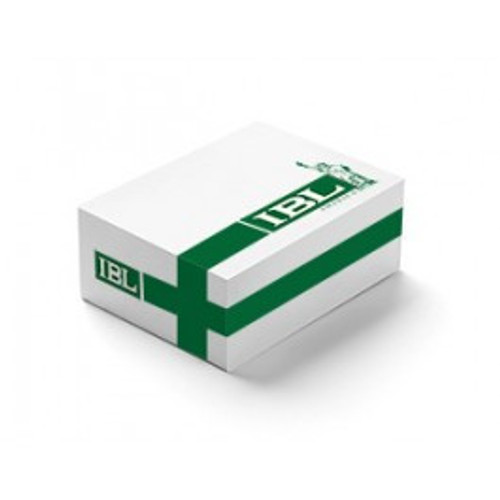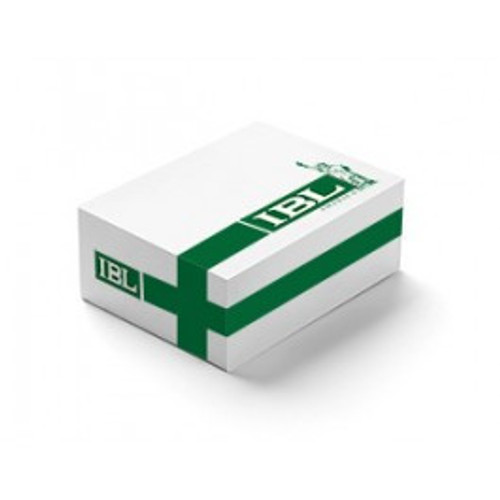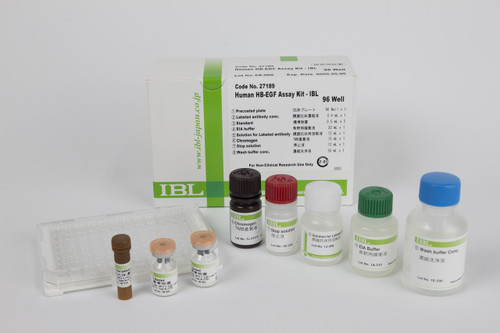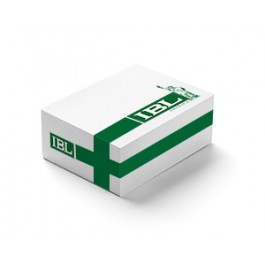Sandwich enzyme-linked immune-sorbent assay (ELISA) for the determination of Porcine EGF concentrations in serum, plasma, cell culture supernatant and other biological samples.
EGF (Epidermal Growth Factor)was initially discovered in 1986 and its discoverers, Stanley Cohen and Rita Levi-Montalcini, were awarded the Nobel Prize in Physiology or Medicine. EGF plays an important role in cell proliferation, differentiation, and survival. It is mainly produced by epithelial cells and widely distributed in the skin, gastrointestinal tract, and glands. EGF promotes cell proliferation, differentiation, and survival by binding to the EGF receptor on the cell surface. The EGF receptor is a tyrosine kinase receptor, and activation of the EGF receptor triggers a series of downstream signaling pathways, such as MAPK, PI3K, etc., ultimately promoting cell growth and proliferation.
- Assay Description:
- 90 min. incubation (37°C) + 60 min. (37°C) + 30 min. (37°C) + 30 min. (37°C) = 3 hours, 30 min. total incubation time
- Catalog number:
- IB08230
- configuration:
- 96 Determinations, 12x8 removable strips
- controls:
- None provided
- design:
- Sandwich enzyme-linked immunesorbent assay (ELISA) technique
- FDA Status:
- For research use only, not for use in diagnostic procedures
- Other names:
- Epidermal growth factor (EGF)
- Protocol:
- notes:
- The protocol for this product (see above) is intended to serve as an example only. Please refer to the Instructions For Use provided with the assay kit for precise details.
- MSDS:
- Please Inquire
- Sample types:
- Porcine serum, body fluids, tissue homogenate or cell culture supernates
- Sample volume:
- 100 μL of properly diluted unknown / determination
- standards:
- 8 standards, serially diluted from 1 prepared lyophilized standard
- Standard range:
- 0 / 3.125 - 200 pg/mL
- storage:
- 2 - 8 °C
- sensitivity:
- 1.875 pg/mL
- Species:
- Porcine (Pig)







